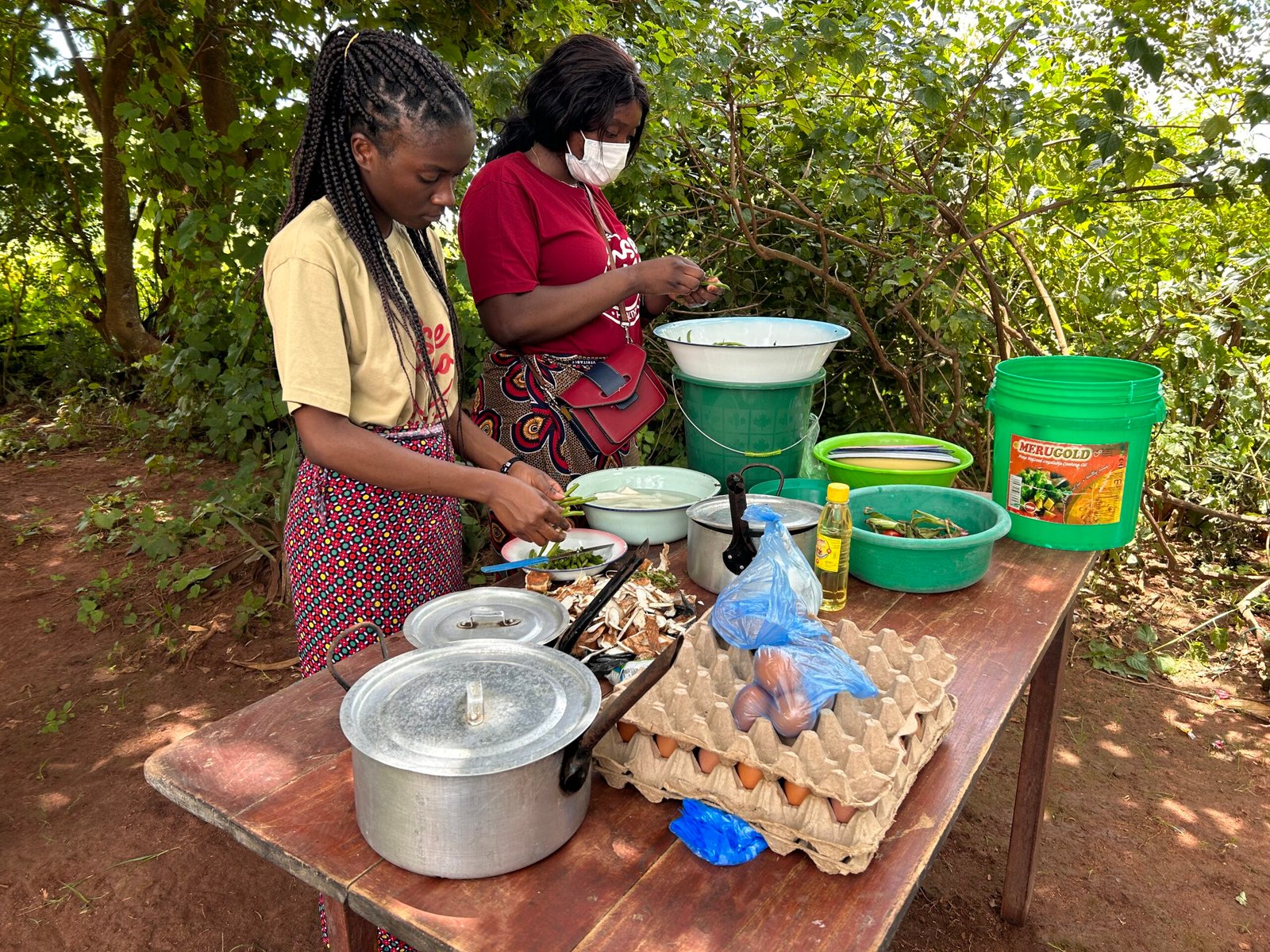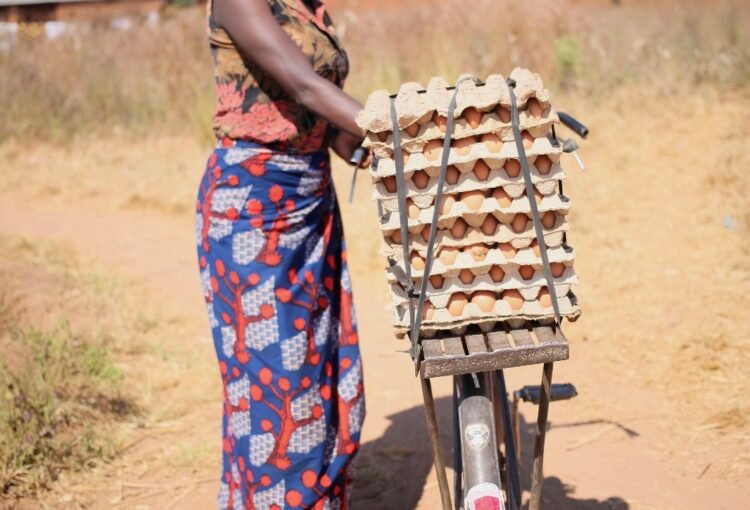EggHub
- Home
- / EggHub

Egg Hub Project
How it Works

Input Package
Farmers are provided with improved layers, starter feed, vaccinations, and basic poultry equipment. These inputs ensure that flocks start strong, stay healthy, and are ready for consistent egg production from the beginning.
Technical Training
Farmers undergo practical training on poultry care, disease prevention, record keeping, and business basics. This hands-on approach builds confidence and ensures quality standards are maintained across farms.
Market Access and Logistics
Farmers sell their eggs locally, making fresh eggs available and affordable in their own communities. Any unsold eggs are collected by Egg Hub trucks — the same trucks that deliver feed — and transported to urban markets, creating a complete loop that reduces waste and increases farmer income.
Quality Feed at Wholesale Rates
Groups gain access to high-quality commercial feed at discounted prices through bulk purchasing. Reliable feed improves egg size, health outcomes, and overall farm efficiency — a critical barrier for rural farmers now removed.
Project Highlights & Progress
Key Highlights
The eggs from the Hub are larger, fresher, easily accessible, and affordable compared to backyard eggs.
More than 10 million eggs are available every year – that is three times more eggs available at 40% lower prices for 21,000 rural poor.
175 smallholder farmers make three times more income compared to what they earned before they joined the Egg Hub.
Eggs are more affordable, with the price per egg decreasing from $0.14 to $0.10.
Consumption of eggs has increased, particularly among women and children, going up from 2 eggs per capita per month to 9 eggs per capita per month.
Project Progress
The pilot project supported 12 farms and 60 farmers, including convent nuns, all-women groups, schools, and urban poor living in slums. Three-and-a-half million fresh eggs — cheaper than competitor brands — were produced every year.
The success of the pilot spurred a scale-up in Malawi – by 2026, the project will support 63 farms and 315 farmers, producing 18 million eggs annually.
Following the success of Egg Hub Malawi, Andrew Stewart, Director of the MAEVE Project, was appointed by Sight and Life Foundation as a consultant to establish a similar Egg Hub in Ethiopia. Together with our partner Sight and Life, we aim to scale this model across Africa.
🥚 Our Impact in Numbers
Eggs Produced Annually
Price Reduction (%) per Egg
Smallholder Farmers Supported
Increase in Egg Consumption (%)
Rural People Reached

